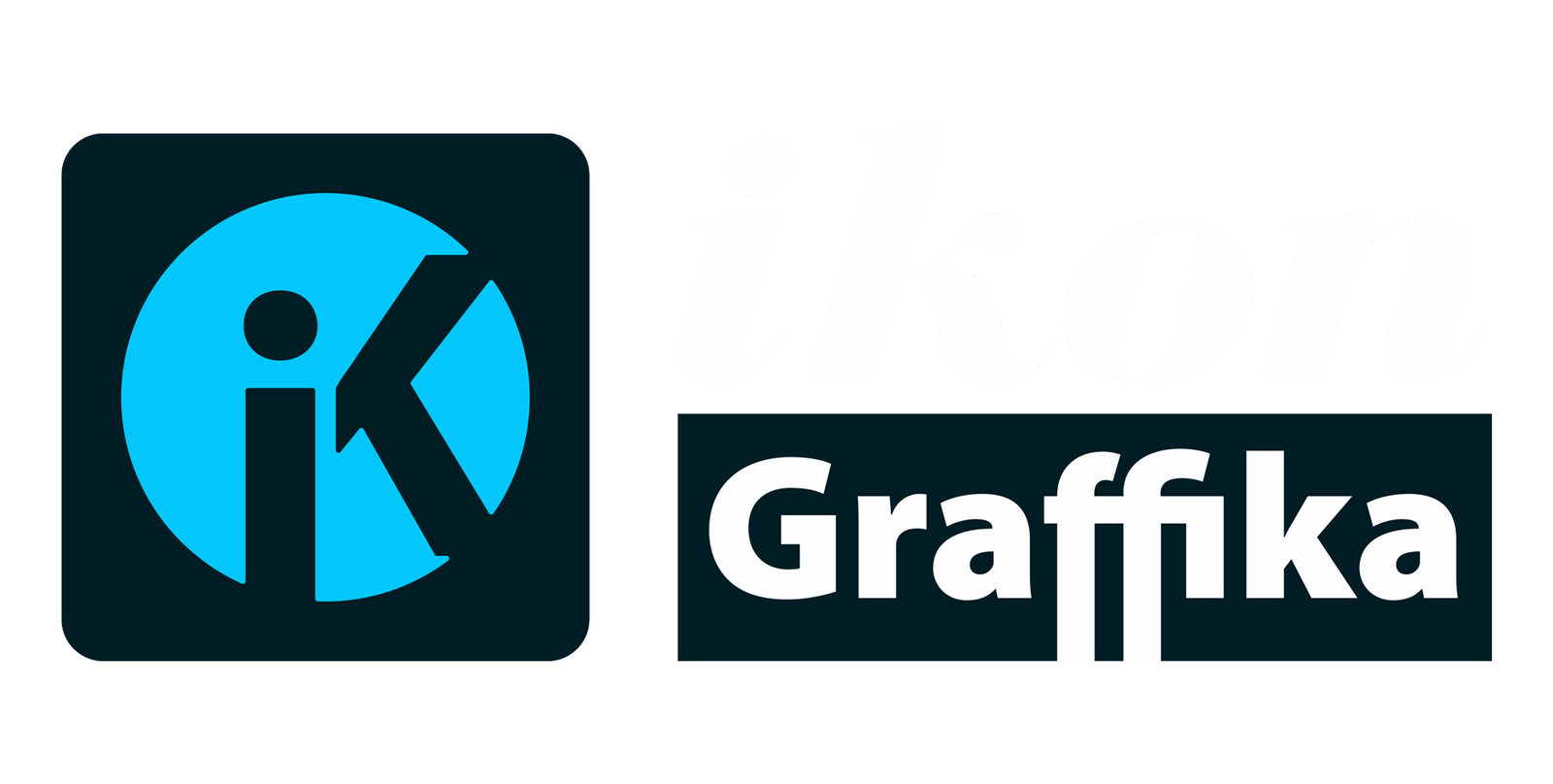Best &Top Tips to Rank Higher on Search Engines
Introduction
Search engine ranking is crucial in today’s digital landscape for online success. Whether you’re running a small business or managing a large e-commerce site, improving your search engine rankings can significantly boost your visibility and drive more organic traffic to your website. This blog post will explore the top tips to help you rank higher on search engines, covering essential aspects of SEO (Search Engine Optimization) that can make a real difference in your online presence.
Optimize Your On-Page SEO
On-page SEO is the foundation of any successful search engine optimization strategy. It involves optimizing individual web pages to rank higher and earn more relevant traffic from search engines. Here are some key on-page SEO factors to focus on:
- Title Tags: Create unique, descriptive title tags for each page, including your target keyword near the beginning.
- Meta Descriptions: Write compelling meta descriptions that accurately summarize your page content and include relevant keywords.
- Header Tags: Use header tags (H1, H2, and H3) to structure your content and include keywords where appropriate.
- URL Structure: Create clean, readable URLs that include your target keywords.
- Image Optimization: Use descriptive file names and alt text for images to help search engines understand their content.
By optimizing these on-page elements, you’ll send clear signals to search engines about your content’s relevance and improve your chances of ranking higher.

Create High-Quality, Relevant Content
Content is king in the world of SEO. Search engines prioritize websites that provide valuable, relevant, and engaging content to users. To improve your rankings, focus on creating high-quality content that meets the following criteria:
- Relevance: Ensure your content addresses the needs and interests of your target audience.
- Originality: Produce unique content that offers fresh perspectives or insights on your topic.
- Depth: Provide comprehensive, in-depth coverage of your subject matter.
- Readability: Use clear, concise language and break up your content with subheadings, bullet points, and images.
- Frequency: Regularly update your website with new content to keep it fresh and relevant.
Remember to incorporate your target keywords naturally throughout your content, but avoid keyword stuffing, which can harm your rankings.
Build Quality Backlinks
Off-page SEO, particularly link building, plays a crucial role in improving your search engine rankings. Backlinks from reputable, relevant websites signal to search engines that your content is valuable and trustworthy. Here are some effective strategies for building quality backlinks:
- Create Link-Worthy Content: Produce high-quality, informative content that others naturally want to link to.
- Guest Blogging: Write guest posts for reputable websites in your industry to earn backlinks and exposure.
- Broken Link Building: Find broken links on other websites and offer your content as a replacement.
- Digital PR: Engage in public relations activities to earn mentions and links from news outlets and industry publications.
- Collaborate with Influencers: Partner with influencers in your niche to create content and earn valuable backlinks.
Remember, quality is more important than quantity when it comes to backlinks. Focus on earning links from authoritative, relevant websites rather than pursuing a high volume of low-quality links.
Improve Your Website’s Loading Speed
Page speed is a crucial ranking factor for search engines and plays a significant role in user experience. A slow-loading website can lead to higher bounce rates and lower rankings. Here are some tips to improve your website’s loading speed:
- Optimize Images: Compress images and use appropriate file formats to reduce their size without compromising quality.
- Minify CSS, JavaScript, and HTML: Remove unnecessary characters and white space from your code to reduce file sizes.
- Enable Browser Caching: Allow browsers to store static files locally, reducing load times for returning visitors.
- Use a Content Delivery Network (CDN): Distribute your content across multiple servers worldwide to reduce latency and improve load times.
- Optimize Server Response Time: Choose a reliable hosting provider and optimize your server configuration for faster response times.
Use tools like Google PageSpeed Insights to analyze your website’s performance and identify areas for improvement.
Optimize for Mobile Devices
With the majority of internet traffic now coming from mobile devices, optimizing your website for mobile is essential for higher search engine rankings. Google uses mobile-first indexing, meaning it primarily uses the mobile version of your website for ranking and indexing. To optimize for mobile:
- Use Responsive Design: Ensure your website adapts to different screen sizes and devices.
- Improve Mobile Page Speed: Optimize images and reduce file sizes to enhance mobile loading times.
- Use Legible Fonts and Button Sizes: Make sure text is easily readable and buttons are large enough for touch interactions.
- Avoid Pop-ups on Mobile: Pop-ups can be disruptive on mobile devices and may lead to penalties from search engines.
- Test Your Mobile Site: Regularly test your website on various mobile devices to ensure a smooth user experience.
Use Google’s Mobile-Friendly Test to check if your website is optimized for mobile devices.

Use Keywords Strategically
Effective keyword usage is crucial for improving your search engine rankings. While it’s important to avoid keyword stuffing, strategic keyword placement can help search engines understand your content’s relevance. Here are some tips for using keywords effectively:
- Conduct Keyword Research: Use tools like Google Keyword Planner or SEMrush to identify relevant keywords for your content.
- Focus on Long-Tail Keywords: Target specific, longer phrases that have less competition but high relevance to your content.
- Use Keywords in Important Places: Include keywords in your title tags, meta descriptions, header tags, and throughout your content.
- Consider Keyword Variations: Use synonyms and related terms to broaden your content’s relevance.
- Monitor Keyword Performance: Regularly track your rankings for target keywords and adjust your strategy as needed.
Remember to write for your audience first and optimize for search engines second. Natural, contextual keyword usage will yield better results than forced keyword insertion.
Enhance Your Technical SEO
Technical SEO focuses on improving the technical aspects of your website to help search engines crawl and index your content more effectively. Some key areas to focus on include:
- XML Sitemap: Create and submit an XML sitemap to search engines to help them discover and index your pages.
- Robots.txt File: Use a robots.txt file to guide search engine crawlers on which parts of your site to crawl and index.
- Schema Markup: Implement schema markup to provide search engines with more context about your content.
- Fix Broken Links: Regularly check for and fix broken links to improve user experience and crawlability.
- Optimize Internal Linking: Create a logical internal linking structure to help search engines understand your site’s hierarchy.
Use tools like Google Search Console to monitor your website’s technical health and identify areas for improvement.
Leverage Social Media
While social media signals aren’t direct ranking factors, a strong social media presence can indirectly impact your search engine rankings. Social media can help you:
- Increase Brand Awareness: Greater visibility on social platforms can lead to more branded searches.
- Drive Traffic to Your Website: Sharing your content on social media can increase traffic and engagement signals.
- Earn Backlinks: Social media exposure can lead to more people discovering and linking to your content.
- Improve Local SEO: Social media profiles can help your local SEO efforts, especially for Google My Business listings.
Focus on creating shareable content and engaging with your audience on social media platforms relevant to your industry.
Monitor and Analyze Your Performance
Regular monitoring and analysis of your SEO performance are crucial for continuous improvement. Use tools like Google Analytics and Google Search Console to track important metrics such as:
- Organic Traffic: Monitor the volume and quality of traffic coming from search engines.
- Keyword Rankings: Track your positions for target keywords over time.
- Bounce Rate: Analyze how engaging your content is for visitors.
- Page Load Times: Keep an eye on your website’s loading speed across different pages.
- Backlink Profile: Monitor the quality and quantity of backlinks pointing to your site.
Use these insights to identify areas for improvement and adjust your SEO strategy accordingly.
Stay Up-to-Date with SEO Trends
SEO is an ever-evolving field, with search engines constantly updating their algorithms. To maintain and improve your rankings, it’s essential to stay informed about the latest SEO trends and best practices. Some ways to stay up-to-date include:
- Follow SEO Blogs: Read reputable SEO blogs like Moz, Search Engine Journal, and Search Engine Land.
- Attend SEO Conferences: Participate in industry conferences to learn from experts and network with peers.
- Join SEO Communities: Engage in online forums and communities like Reddit’s r/SEO or the Google Search Central Help Community.
- Experiment and Test: Don’t be afraid to try new SEO techniques and measure their impact on your rankings.
By staying informed and adaptable, you’ll be better equipped to navigate the changing landscape of search engine optimization.
Conclusion
Improving your search engine rankings requires a comprehensive approach that combines on-page optimization, quality content creation, link building, and technical SEO. By implementing these top tips and consistently monitoring your performance, you can enhance your website’s visibility in search results and drive more organic traffic to your site.
Remember that SEO is an ongoing process, and results may take time to materialize. Stay patient, persistent, and focused on providing value to your audience, and you’ll see your efforts pay off in improved search engine rankings over time.
What steps will you take today to improve your website’s search engine rankings? Share your thoughts and experiences in the comments below!




